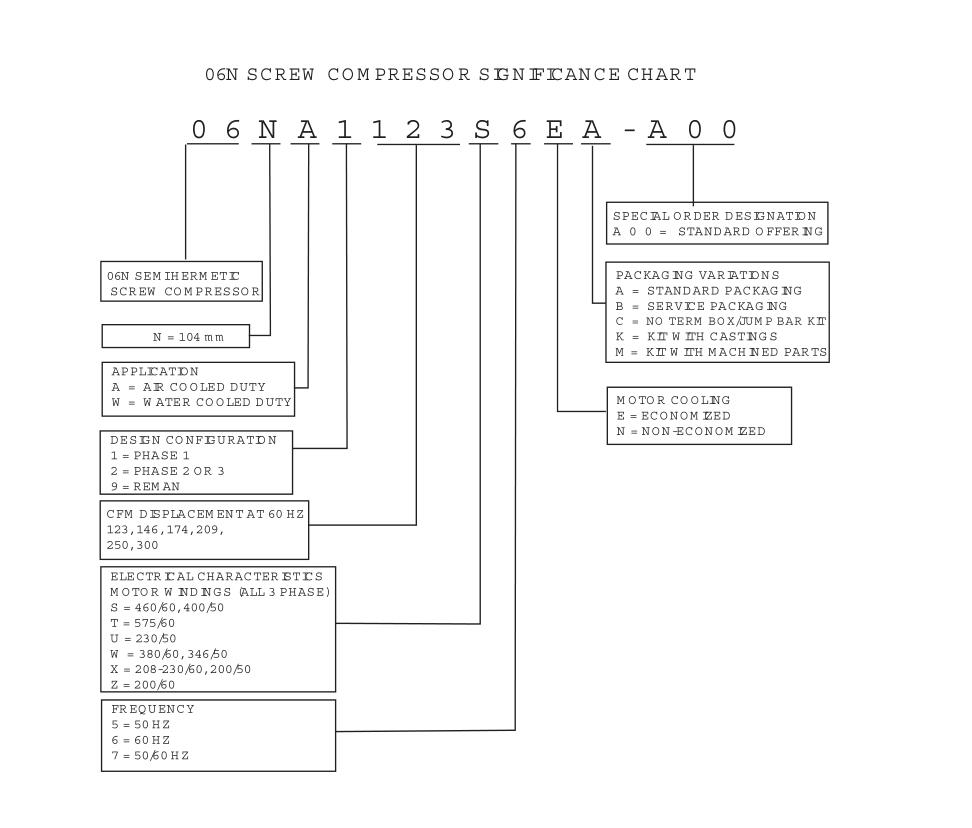By: Emily P. Mallen, Stephen J. Hug, Scott Daniel Johnson, Ben N. Reiter
In Fore River Residents Against the Compressor Station v. FERC,1 decided on July 21, 2023, the U.S. Court of Appeals for the District of Columbia Circuit ended long-running litigation over the Federal Energy Regulatory Commission’s (FERC or “Commission”) approval of the Weymouth Compressor Station in Norfolk, Massachusetts. The Weymouth Compressor Station is part of the Algonquin Gas Transmission, LLC and Maritimes & Northeast Pipeline, L.L.C. Atlantic Bridge Project, which received a certificate under section 7 of the Natural Gas Act (NGA) from FERC in 2017 (Docket No. CP16-9).2 In Fore River, the court found that the petitioners, local residents, municipalities, and an environmental organization lacked Article III standing to challenge two orders issued by FERC after the certificate issued (1) a December 26, 2018, delegated order granting Algonquin a two-year extension of time to construct the facilities (the “Extension Order”)3 that was subsequently upheld by a full Commission order on February 21, 2020 (the “2020 Rehearing Order”);4 and (2) a January 20, 2022, denial of rehearing (the “2022 Rehearing Order”)5 of a September 24, 2020, order authorizing Algonquin to place the facilities in service (the “In-Service Extension Order”).6 It also dismissed the petitions as moot. Hitachi Heat Pump Compressor

With regard to the Extension Order challenge, the court explained that the petitioners’ procedural challenges failed the “redressability prong” of Article III standing. The court explained that even if the Extension Order had been procedurally improper, the 2020 Rehearing Order fully cured any perceived defect because FERC issued it following extensive briefing. Moreover, without a procedural injury the case was moot because the court was unable to provide an effective remedy, given that the petitioners had already received additional process.
The court also found procedural flaws with the petitioners’ 2022 Rehearing Order challenge, primarily because that challenge was limited to the Rehearing Order and not the underlying In-Service Extension Order, or a subsequent denial of rehearing that was entered by default on November 23, 2020. The court relied on section 19 of the NGA, which governs appellate review of FERC orders, to hold that an order denying rehearing, standing alone, cannot be a basis for judicial review. The exception, which did not apply here, is when the order on rehearing substantively modifies the result reached in the original order. Moreover, were the 2022 Rehearing Order a reviewable order under NGA section 19, the petitioners would have needed to seek rehearing at FERC prior to petitioning the court for review. They did not. Judge Patricia Millett authored the Fore River opinion, in addition to authoring another landmark case decided in 2020 interpreting NGA section 19, Allegheny Defense Project v. FERC.7
The Fore River case is notable in large part because of the attention paid to the Weymouth Compressor Station, which faced significant litigation due to actions taken by FERC after the certificate order issued. Specifically, the 2022 Rehearing Order followed an unprecedented split-decision by FERC to reconsider the facility’s certificate order and accept briefing in February 2021 on whether to permit the Weymouth Compressor Station to remain in service. FERC was responding in large part to environmental justice concerns arising after the facility released large volumes of natural gas, referred to in industry parlance as “blowdowns,” pursuant to two emergency shutdown procedures initiated to comply with U.S. Department of Transportation Pipeline and Hazardous Materials Safety Administration (PHMSA) regulations. The additional process was cheered by some in the environmental justice community, but drew fierce criticism in dissents by Commissioners Mark Christie and James Danly on grounds that FERC was acting outside of its statutory authority and resulted in over 100 comments and briefs filed by a diverse group of pipeline industry members and advocates, environmental nongovernmental organizations and consumer groups, and former FERC commissioners as well as requests for rehearing by the affected pipeline and four individual trade associations representing pipeline operators, investors and shippers. Many of these comments questioned whether FERC was interfering with PHMSA’s pipeline safety regulations. As Akin noted in a prior client alert, PHMSA is currently accepting comments on whether to revise its regulations around blowdowns and other types of intentional releases of natural gas.
Fore River is also notable given that the project was designed to alleviate capacity constraints in the New England region, a particularly challenging place to construct natural gas infrastructure.
1 No. 22-1146 (D.C. Circ. Jul. 21, 2023) (“Fore River”).
2 Algonquin Gas Transmission, LLC, 158 FERC ¶ 61,061, order denying reh’g, 161 FERC ¶ 61,255 (2017), aff’d sub nom., Town of Weymouth v. FERC, No. 17-1135, 2018 WL 6921213, at *1 (D.C. Cir. Dec. 27, 2018) (unpublished opinion).
3 Approval for Extension of Time to Complete Project, CP16-9-000 (Dec. 26, 2018).
4 Algonquin Gas Transmission, LLC, 170 FERC ¶ 61,144 (2020).
5 Algonquin Gas Transmission, LLC, 178 FERC ¶ 61,029 (2022).
6 Algonquin Gas Transmission, LLC, Docket No. CP16-9-000 (Sept. 24, 2020) (delegated order).
7 964 F.3d 1, 16–17 (D.C. Cir. 2020) (en banc).
FERC Proposes to Streamline EQR Data Collection and Filing Process
FERC Requires Enhanced NERC Reliability Standards to Support Clean Energy Transition
FERC Reups Support for LNG Export Terminals Immediately Prior to Losing Jurisdiction
Trailblazer Pipeline Company LLC One Step Closer to Transporting Carbon Dioxide Following FERC Order
FERC Extends Order No. 2023 Interconnection Process Reform Compliance Deadlines
Reform of the UK Arbitration Act
LNG Export Terminal Decisions Forthcoming Following FERC Open Meeting
FERC Order No. 2023 on Generator Interconnection Reforms Published in Federal Register, Setting Effective Date and Current Compliance Deadline

Compressed Air Refrigerator © 2023 Akin Gump Strauss Hauer & Feld LLP